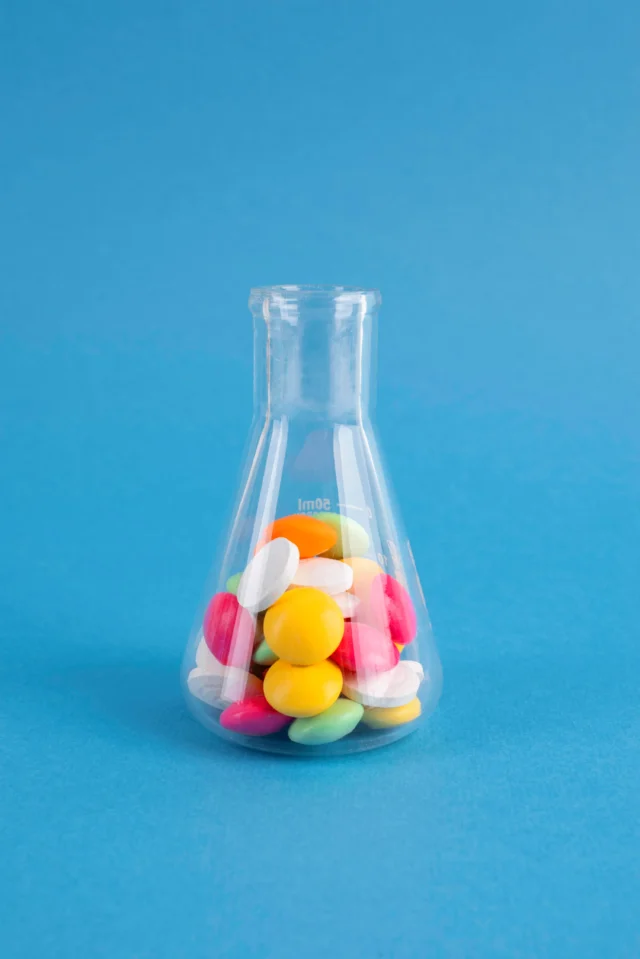
Introduction:
While APIs are the active ingredients in medicines, excipients play a crucial supporting role. These inert substances ensure the stability, safety, and efficacy of the final pharmaceutical product.
What Are Excipients?
Excipients are inactive ingredients added to drug formulations to aid in manufacturing, stability, and delivery. Common examples include binders, fillers, lubricants, and preservatives.
Functions of Excipients in Pharmaceuticals:
- Enhancing Drug Stability: Prevent chemical degradation over time.
- Improving Patient Experience: Mask unpleasant tastes or odors.
- Facilitating Manufacturing: Ensure uniformity and ease of production.
- Controlling Drug Release: Enable extended-release or targeted drug delivery.
Why Quality Matters:
The choice of excipients directly impacts the effectiveness of a drug. Poor-quality excipients can lead to stability issues, altered drug release, or even adverse reactions. Pharmaceutical companies must source excipients from certified suppliers to maintain compliance with regulatory standards.
Emerging Trends in Excipients:
- Innovative Polymers: For advanced drug delivery systems.
- Biodegradable Excipients: Supporting environmental sustainability.
- Multi-functional Excipients: Combining properties to enhance efficiency.
Excipients may be “inactive,” but their role is vital in pharmaceutical manufacturing. By prioritizing high-quality excipients, companies can improve product reliability and patient outcomes while meeting industry regulations.

